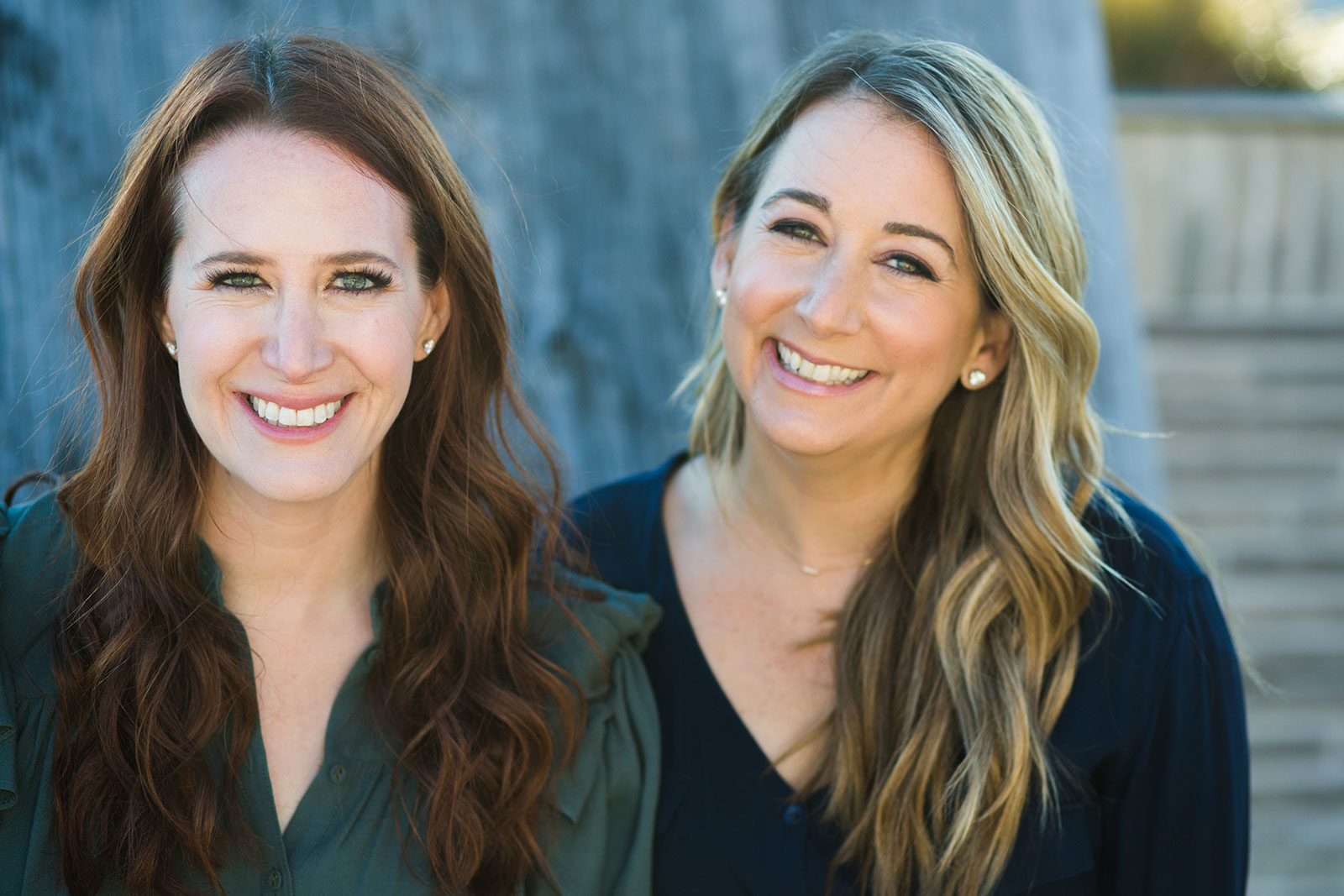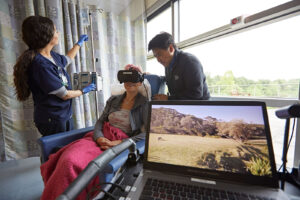You’re already familiar with many of the visible side effects of cancer treatment, but did you know that premenopausal women may face permanent infertility as a result of going through chemotherapy, surgery, and/or radiation?
While fertility preservation through egg freezing is an option, women must be aware of all options and how to coordinate with their cancer treatment plan. Egg freezing can be cost-prohibitive, especially on top of the financial burden of cancer treatment. Fertility preservation can potentially cost tens of thousands of dollars, oftentimes with no insurance coverage.
Nonprofit organization The Chick Mission works to educate the public about the reproductive impacts of cancer treatments, provide financial assistance for cancer patients seeking fertility preservation and advocate for changes in insurance coverage for these patients.
Three-time cancer warrior Amanda Rice founded The Chick Mission in 2017. She had just completed treatment for her second breast cancer diagnosis after initially facing breast cancer in 2014 and melanoma in 2015. Rice says that she feels fortunate that she had savings and was able to afford paying for her egg freezing out of pocket, but she was “enraged” learning that insurance coverage wasn’t always available for women seeking fertility preservation before starting cancer treatment. She remembers thinking, “I have to figure out a way to fix this.”
The Chick Mission helps women facing cancer “take control back earlier in the process by making decisions for the future,” Rice explains. She is adamant that in addition to receiving necessary life-saving medicine, cancer patients should be given the opportunity to live a full life of their choosing post-treatment.
You shouldn’t have to wait until you have a cancer diagnosis to understand how your body works.
The organization’s leadership team is composed of women who have experienced cancer firsthand or witnessed a loved one go through the disease. These women are driven by a desire to give power and choice back to people going through an already excruciatingly difficult time.
“If we can take one burden off the shoulders of women who are sitting in the same seat that we all sat in, then we’re doing our job, and we’re paying it forward, and we’re changing the landscape for those who come after us,” says Tracy Weiss, The Chick Mission’s executive director and a cervical cancer warrior.
The Chick Mission’s Hope Scholarship Grant Program provides funding to women in select states that covers the cost of egg freezing procedures before cancer treatment. The organization selected its first grant recipient in early 2018 and to date has provided 170 grants and committed over $1 million through the program. The first child of a grantee was born in 2019 and another is on the way.
The organization’s educational component includes hosting panels encouraging women to know their bodies and reproductive systems. At these educational events, survivor panelists share their experiences and medical experts speak about fertility preservation as well as what treatments such as chemotherapy, radiation, surgery and long-term drug therapy can do to a woman’s body. Rice explains that it’s also important for The Chick Mission to spread its message among medical professionals so that fertility preservation options are a “day one conversation” with anyone receiving a cancer diagnosis.
“The more we have these conversations and the less hush-hush we are about cancer and fertility, the more any woman will be ready should she know someone, or should she need to know,” Weiss says. “You shouldn’t have to wait until you have a cancer diagnosis to understand how your body works.”
The Chick Mission also works at the state level to advocate for change in legislation regarding insurance coverage. When the organization was founded in 2017, Connecticut was the only state that had recently passed legislation to mandate insurance coverage for cancer patients seeking fertility preservation. Today, 10 additional states have similar mandates, and The Chick Mission’s advocacy work played a role in several of them. Rice emphasizes the power of advocacy to change the experience for those facing cancer in the future.
“When you see something like this—insurance companies not covering the side effects of cancer, and that being so wrong—there are ways that we can all do our part to change that. Your voice matters. Your vote matters,” she says.
In the end, The Chick Mission gives cancer patients “the information they need and the support they deserve,” Rice says. Ultimately, she explains, she wants The Chick Mission “to go out of business” one day because there will be appropriate insurance coverage for fertility preservation countrywide. “Then we’ll shift our focus onto something else,” she says.
To learn more about The Chick Mission, visit thechickmission.org.







